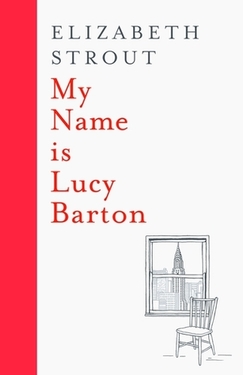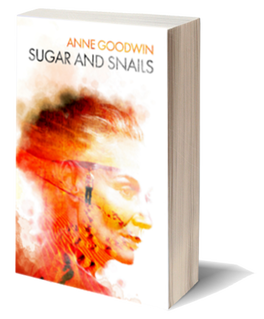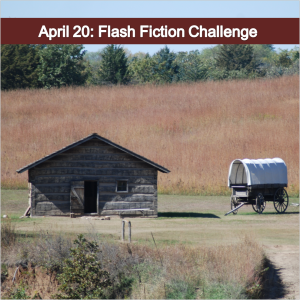| As a child, Lucy Barton was the strange kid no-one wanted to talk to, who, lacking a television, knew nothing of popular culture and who, according to the other kids, stank. At home, she and her two older siblings were emotionally neglected, often hungry, and periodically on the receiving end of a vicious slap. Lucy hung around at school at the end of the day for the warmth. Too small to have a library, there were nevertheless books in the classrooms and it was in books that Lucy discovered both a solution to her loneliness and her own secret desire to write. |
Pleasingly, the novel does not follow Lucy’s life chronologically but starts around the middle with the hospitalisation and roams backwards and forwards in time. While Lucy’s mysterious complications following an appendicectomy furnish an effective narrative device for the rambling conversation between mother and daughter, it struck me as all too convenient (although it did give me an idea for structuring something I might or might not want to write in the future). Despite the medical crisis that has her sent for a middle-of-the-night CAT scan, I wasn’t convinced of either the physicality of her illness; nor, despite her weariness, of the mental impact. For me, it was almost as if Lucy was pretending to be ill.
But illness isn’t really what this novel is about. Yet, as can often occur with my reviews, I did wonder what it was about, as it read to me like a cross between a memoir and creative writing manual, although I was enjoying it more than I’d enjoy either of those. Before sharing my eventual conclusion, I’ll let Sarah Payne, Lucy’s creative writing tutor give us her verdict (p107):
This is a story of a man who’s been tortured every day of his life for things he did in the war. This is the story of a wife who stayed with him, because most wives did in that generation, and she comes to her daughter’s hospital room and talks compulsively about everyone’s marriage going bad, she doesn’t even know it, doesn’t even know that’s what she’s doing. This is a story about a mother who loves her daughter. Imperfectly. Because we all love imperfectly.
That first line reminded me of the character Leonard, the protagonist’s father, in my own novel, Sugar and Snails and his impact on her life and consequent crucial role in the story. But what the fictional writing tutor could have added, is that My Name Is Lucy Barton is the story of a woman being shaped by her past, and some of the consequences of insecure attachment, such as being unable to bear the sound of a baby’s cry. It’s about how one must leave home to be a writer but how we need to return to understand what we are leaving behind and to mourn what we haven’t had.
This is an extremely rich novel that merits revisiting, and is short enough for that not to be a chore. It would be a good one for book groups and for anyone interested in the writing process. My hardback version, courtesy of the publishers Viking Penguin, is an object of beauty with its cloth binding, so definitely a keeper as far as I’m concerned.
| I read and reviewed this novel some weeks ago, but was holding back on posting to add something more. What that might be, I didn’t know, until Norah Colvin, deputising for Charli Mills, presented the Rough Writers with a flash fiction challenge on circles. It struck me that the structure of novels like Lucy Barton isn’t best described as an absence of the linear desire-driven plot, but as circular, moving around different episodes in the main character’s life, gradually adding more depth. Wolf in White Van has a similar structure as does, although I hedged my bets and had a more linear structure for the contemporary strand, my own novel, Sugar and Snails. |
| Circling therapy How many times must I hear how special she was? Perfect child, perfect parent, perfect wife, perfect cook. Why does she come, except to bore the socks off me? My face stays attentive while my mind roams free. What I’ll cook for dinner. Tomorrow’s group supervision. My show-off colleagues spouting theory. Their clients making progress week after week. My caseload of no-hopers who’ll make me fail the course. A shiver runs through me, bile rises in my throat. Shit, she’d been that kind of special! No faking our connection now. I nod. She sobs. She really talks. |
























 RSS Feed
RSS Feed





















